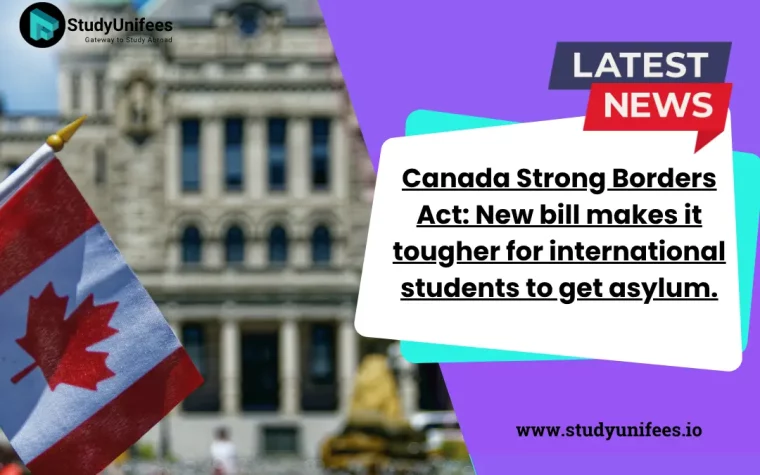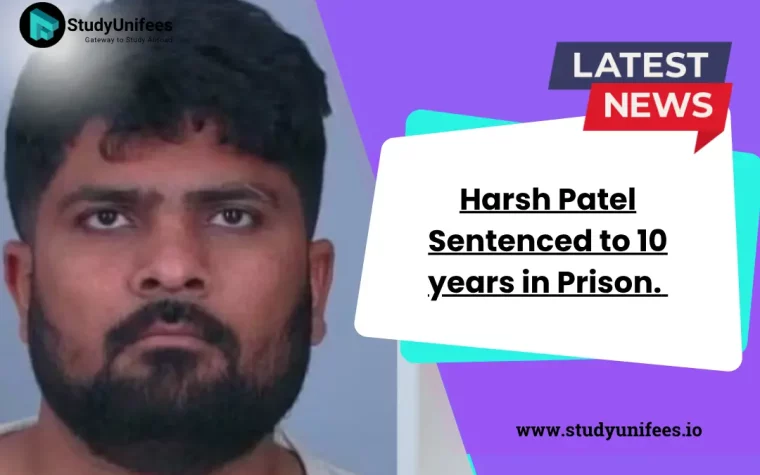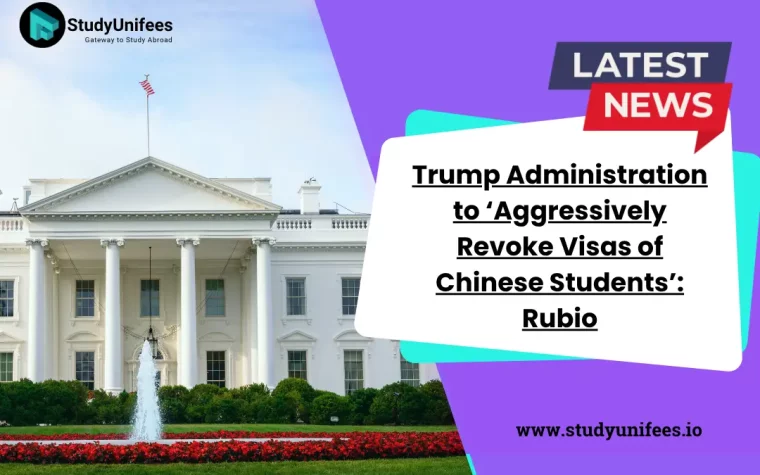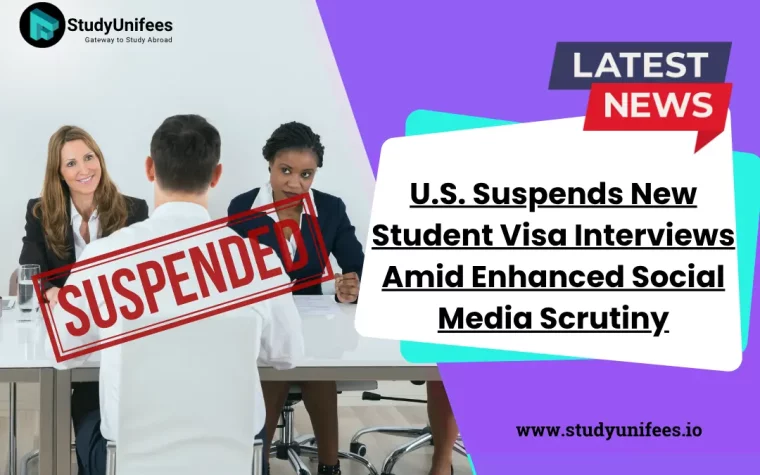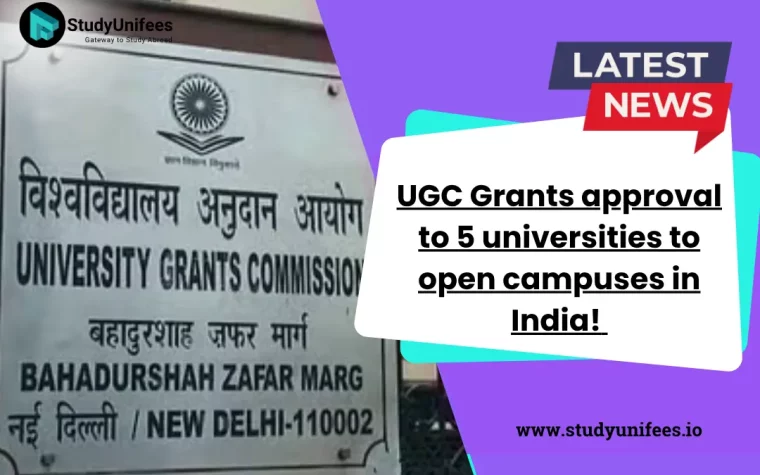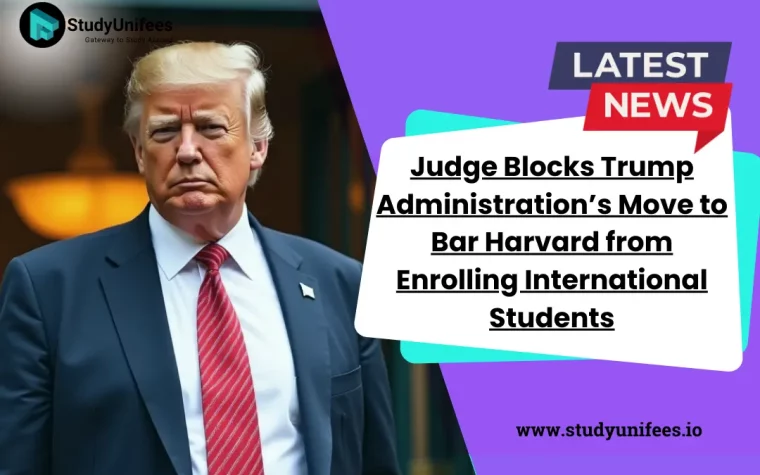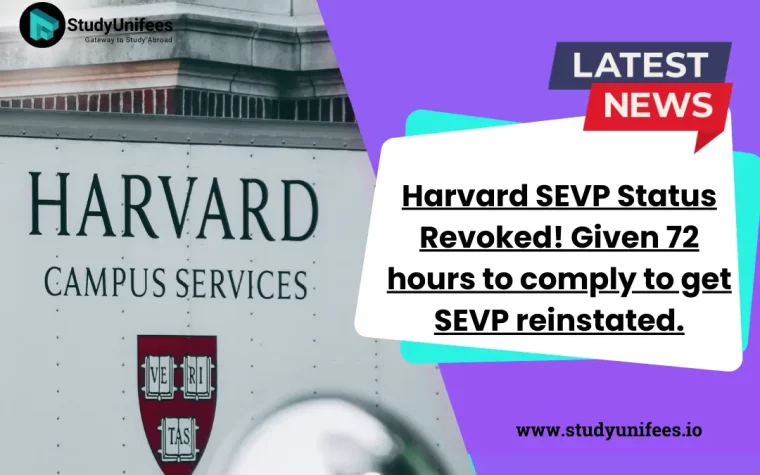Canada Strong Borders Act: New bill makes it tougher for international students to get asylum.
Canada has introduced the Strong Borders Act, a comprehensive legislative proposal designed to bolster border security, curb illegal fentanyl trafficking, tackle money laundering, and reinforce the integrity of its immigration framework. A key focus of the bill is addressing the growing trend of international students filing asylum claims, which has strained Canada’s immigration system. In 2024, asylum claims by international students reached a record 20,245, with projections indicating further increases in 2025. Notably, between January and September 2024, approximately 14,000 claims were filed, with Indian nationals contributing around 2,300 of these applications.
The legislation introduces stringent measures to prevent misuse of the asylum process. It stipulates that asylum claims filed more than one year after arriving in Canada (post-June 24, 2020) will not be referred to the Immigration and Refugee Board (IRB). Additionally, claims made more than 14 days after illegally crossing the Canada-US land border will be deemed ineligible. The bill also mandates that asylum decisions be made while claimants are in Canada, inactive cases be dismissed, and voluntary departures be accelerated. To protect vulnerable individuals, such as minors, the legislation ensures that representatives are appointed to assist them during proceedings.
Reasons Behind the Surge in Asylum Claims
The increase in asylum claims by international students is largely driven by tightened immigration policies. Recent changes include a significant reduction in study permits, stricter work permit eligibility, and limited pathways to permanent residency. These restrictions have led some students, particularly from countries like India, Nigeria, Guinea, Ghana, and the Democratic Republic of Congo, to pursue asylum as an alternative to remain in Canada. However, many students are misled into believing that asylum claims can easily convert their temporary status into permanent residency. In reality, fraudulent claims often lead to deportation, undermining the asylum system’s integrity.
The IRB currently faces a backlog of approximately 275,000 cases, with an annual processing capacity of only 80,000 claims, resulting in delays of about 3.5 years. This backlog exacerbates the issue, as prolonged wait times encourage students to file asylum claims in hopes of extending their stay in Canada.
Government’s Rationale and Measures
The Canadian government, through the Strong Borders Act, aims to safeguard the asylum system and enhance national security. The legislation empowers Immigration, Refugees and Citizenship Canada (IRCC) to share immigration-related information, such as status and documentation, with federal, provincial, and territorial authorities under formal agreements. Additionally, the IRCC gains authority to cancel, suspend, or modify immigration documents, pause the acceptance of new applications, or halt the processing of existing ones for reasons related to public health or national security. These measures are intended to create a more flexible and resilient immigration system capable of responding to emerging challenges.
Immigration Minister Lena Metlege Diab emphasized the government’s objectives, stating, “Canada is taking decisive steps to address growing migration pressures. We are strengthening security at our borders and ensuring our immigration and asylum systems are robust, adaptable, and fair. This legislation protects the integrity of our processes while building a safer, more secure Canada.”
Implications and Protections
The Strong Borders Act seeks to deter false asylum claims while maintaining protections for genuine refugees. By limiting eligibility for claims filed under specific conditions, the government aims to reduce the IRB’s backlog and streamline processing. However, the bill ensures that vulnerable claimants, such as unaccompanied minors, receive support through appointed representatives, balancing enforcement with compassion.
The legislation responds to the complex challenges posed by rising asylum claims and evolving migration patterns. By addressing systemic vulnerabilities and enhancing coordination between authorities, Canada aims to maintain a fair and efficient immigration system while upholding its commitment to border security and public safety.


